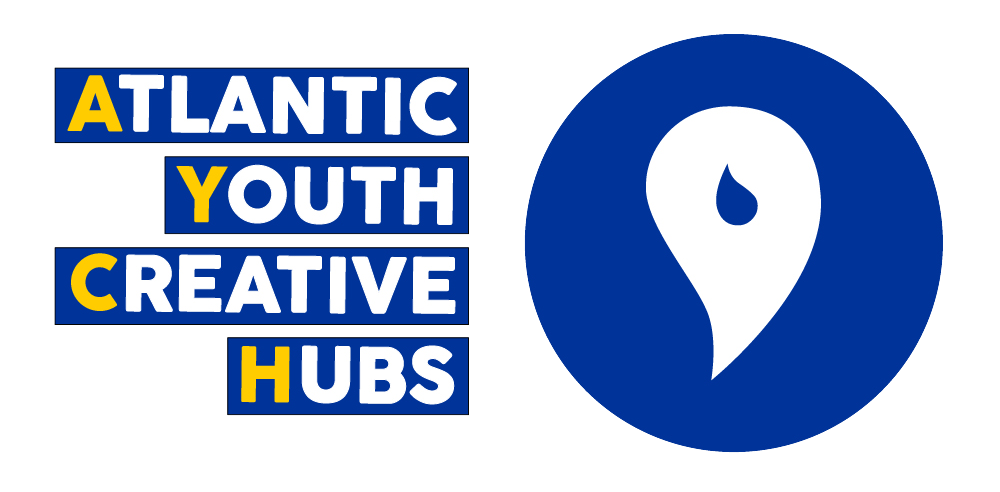Différences
Ci-dessous, les différences entre deux révisions de la page.
| Les deux révisions précédentes Révision précédente | Prochaine révision Les deux révisions suivantes | ||
|
en:laura2019 [2019/07/05 15:21] hilda |
en:laura2019 [2019/07/05 15:53] hilda [Sustainability: process, vision, engagement] |
||
|---|---|---|---|
| Ligne 38: | Ligne 38: | ||
| Simple fixings like this allow greater component interchangeability. This has huge benefits in being able to repair and replace parts in the latter life of the product, but also for the customer to co-design bespoke products with a ‘mix and match’ approach to the modular components. With this method I aim to create a sustainable, circular design for my products. | Simple fixings like this allow greater component interchangeability. This has huge benefits in being able to repair and replace parts in the latter life of the product, but also for the customer to co-design bespoke products with a ‘mix and match’ approach to the modular components. With this method I aim to create a sustainable, circular design for my products. | ||
| - | Not only by looking at the relationship between clients and makers can we create more sustainable products, the shift from manufacturing in the East, back to the West made possible by the rise in local FabLabs, and Design Labs makes redesigning the relationship between fabrication technicians and experts far more possible. The immediacy of change, particularly | + | Not only by looking at the relationship between clients and makers can we create more sustainable products, but the shift from manufacturing in the East, back to the West also made possible by the rise in local FabLabs, and Design Labs makes redesigning the relationship between fabrication technicians and experts far more possible. The immediacy of change, particularly during the prototyping stage, and ability to discuss in person, the design with technicians means that troubleshooting issues can happen in a more efficient way. The localisation of FabLabs and Design labs also make opportunities for engagement and idea generation between makers, designers, technicians and theorists more possible- and that is really exciting! |
| + | |||
| + | In this way, people can be seen as resources in the manufacturing process. I would propose that the future of design is in collaboration, knowledge share, co-design. | ||



